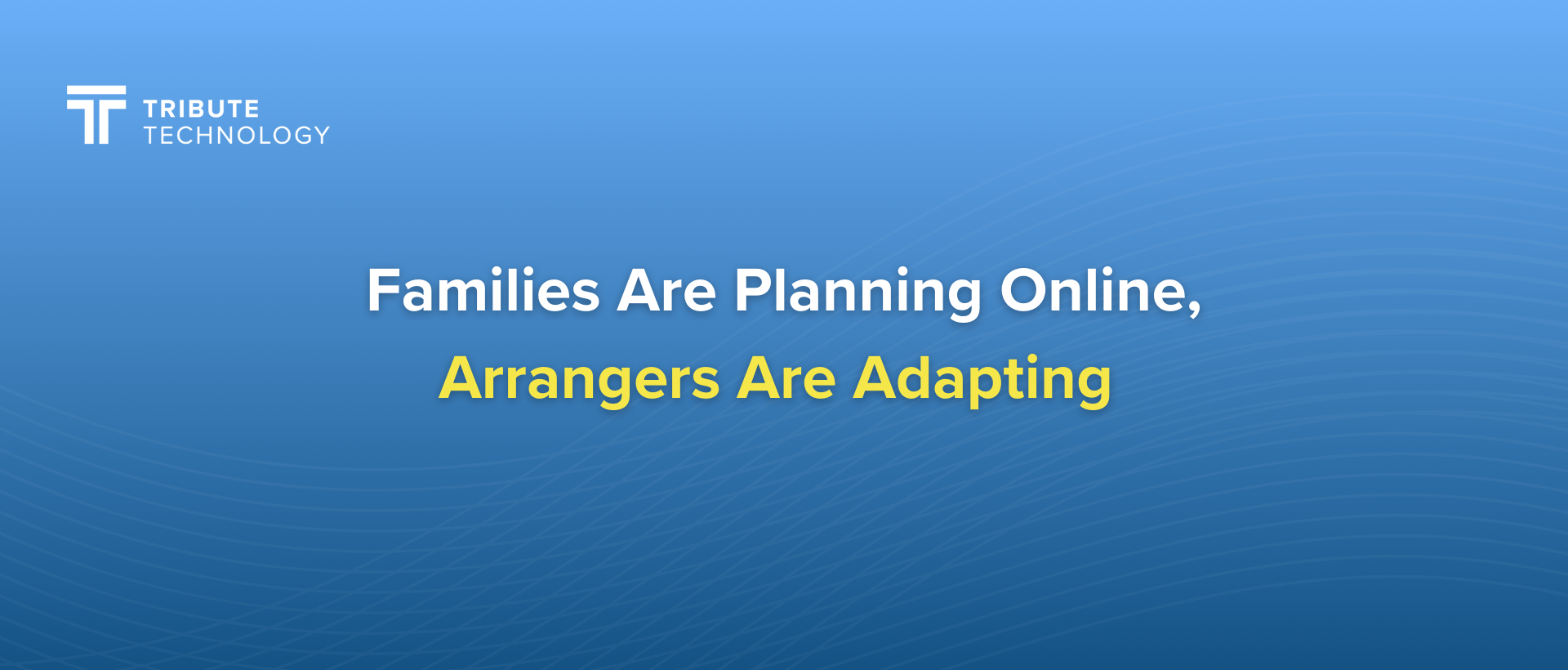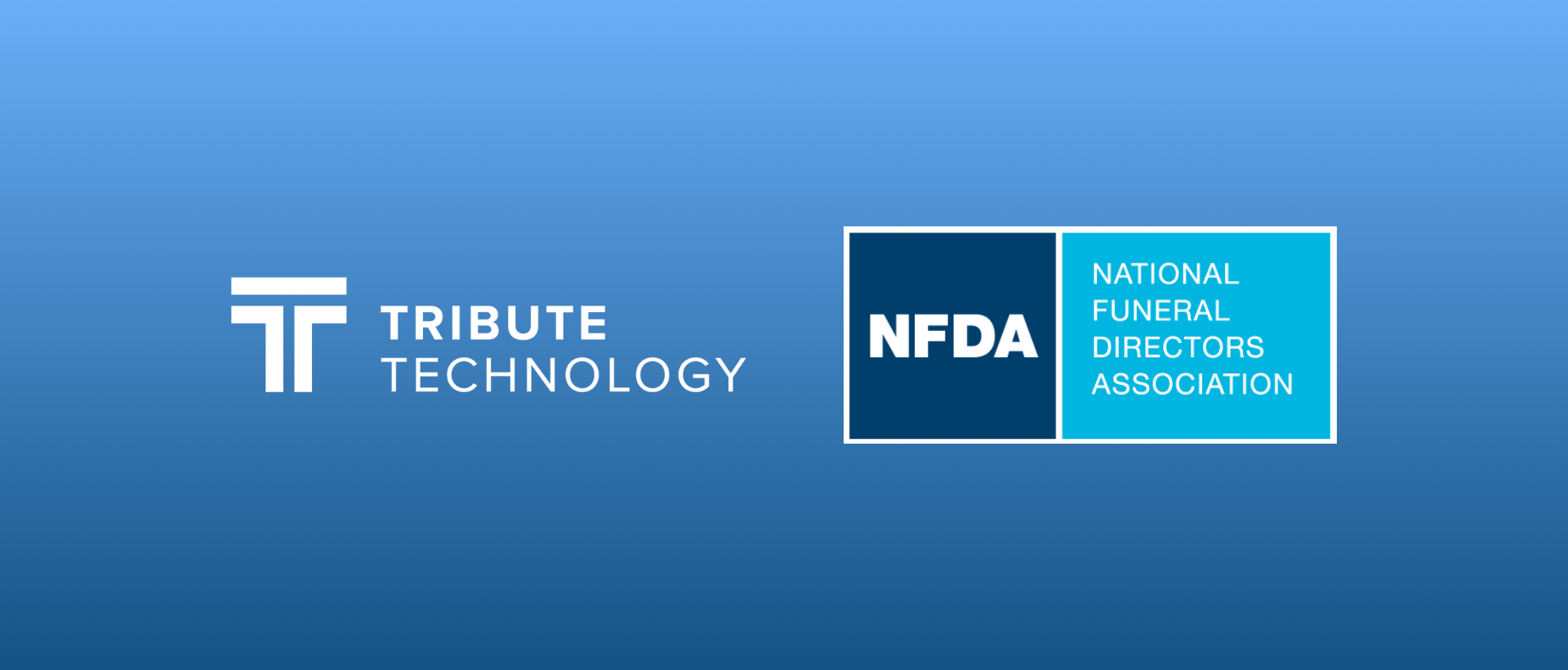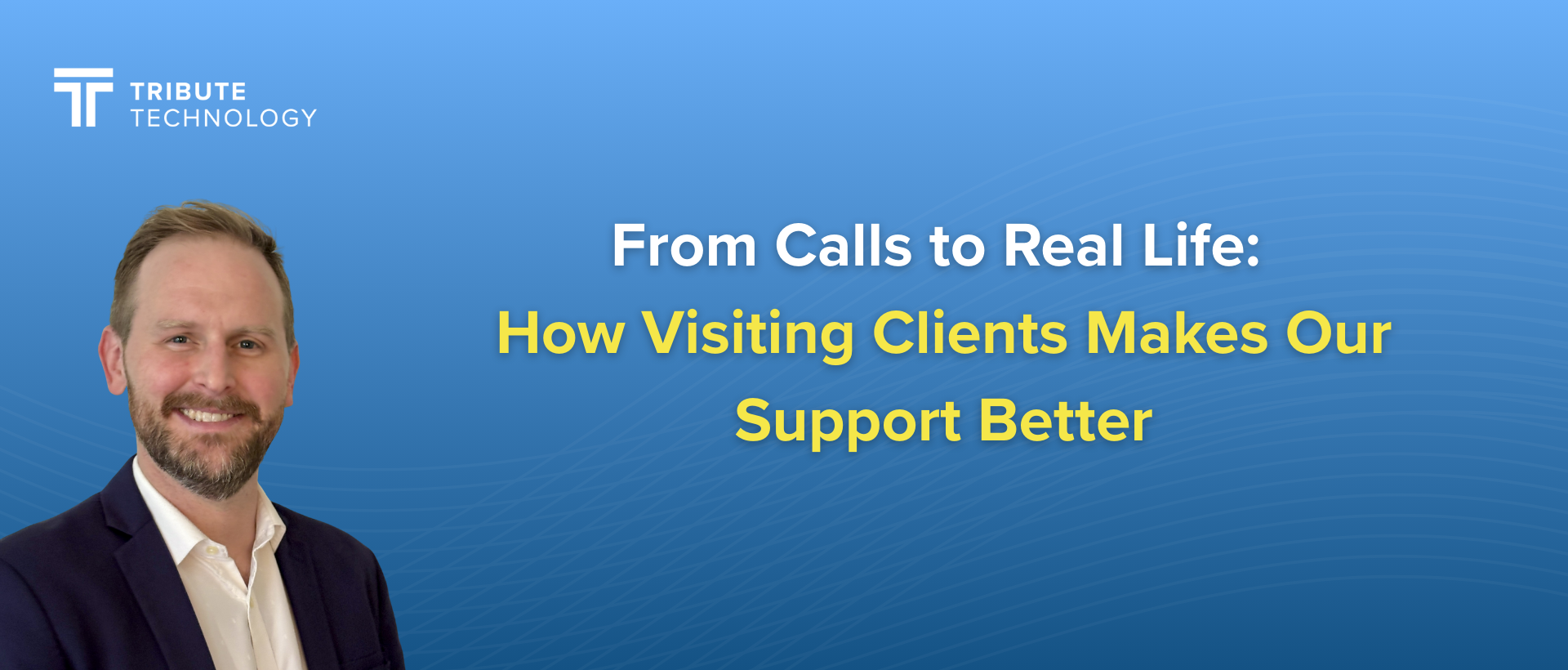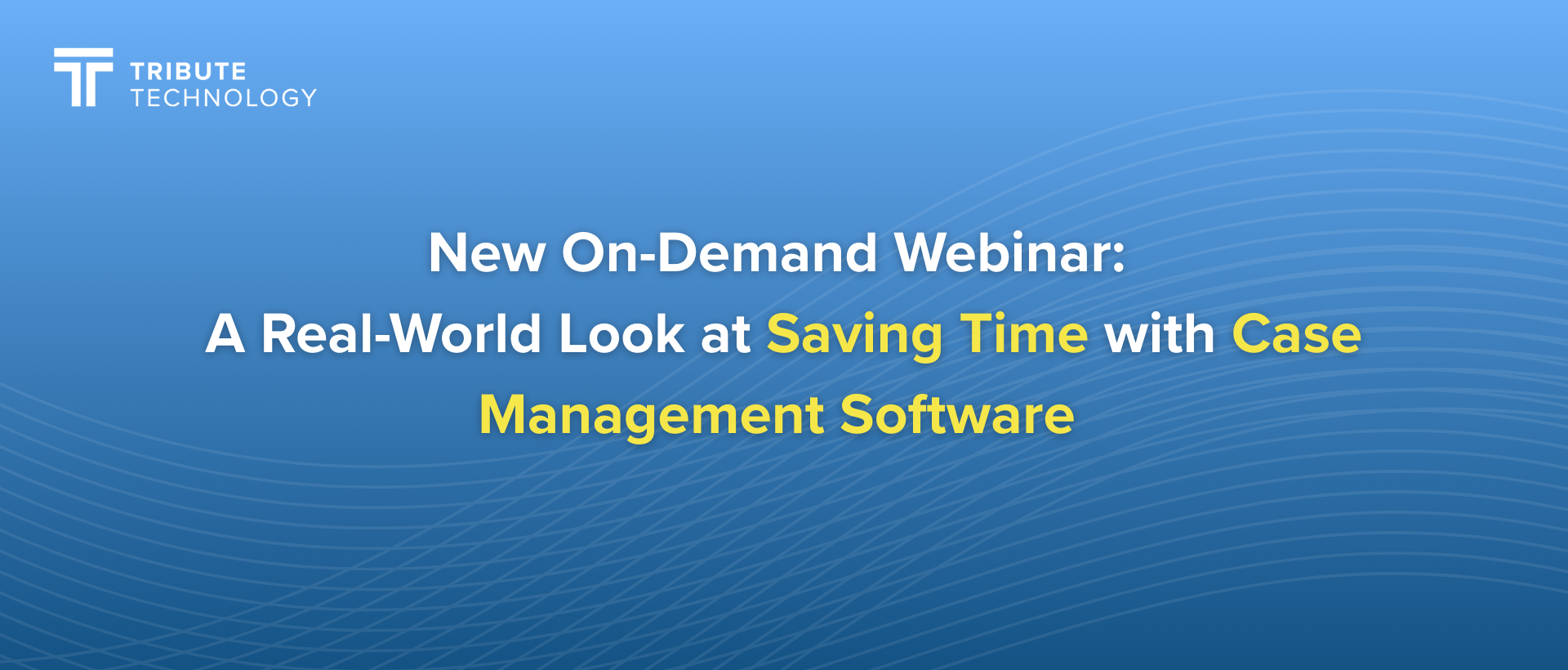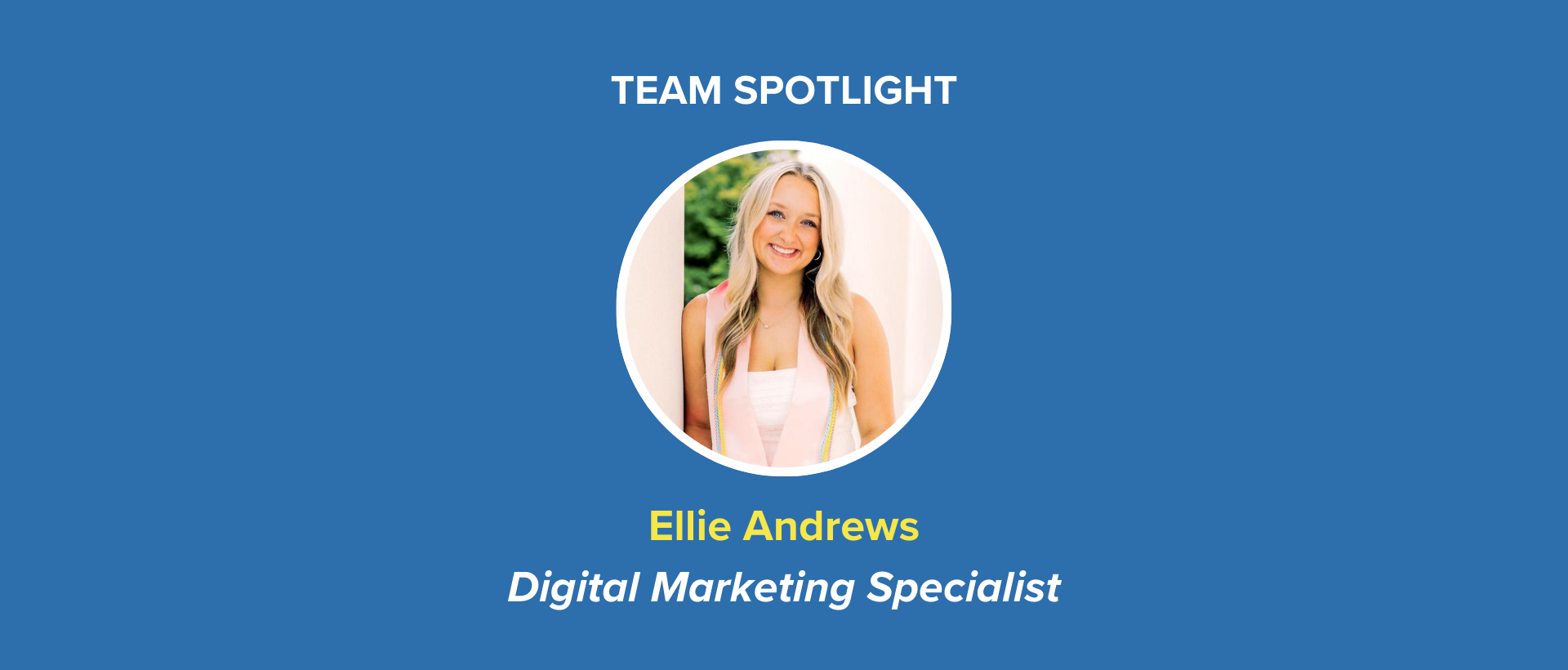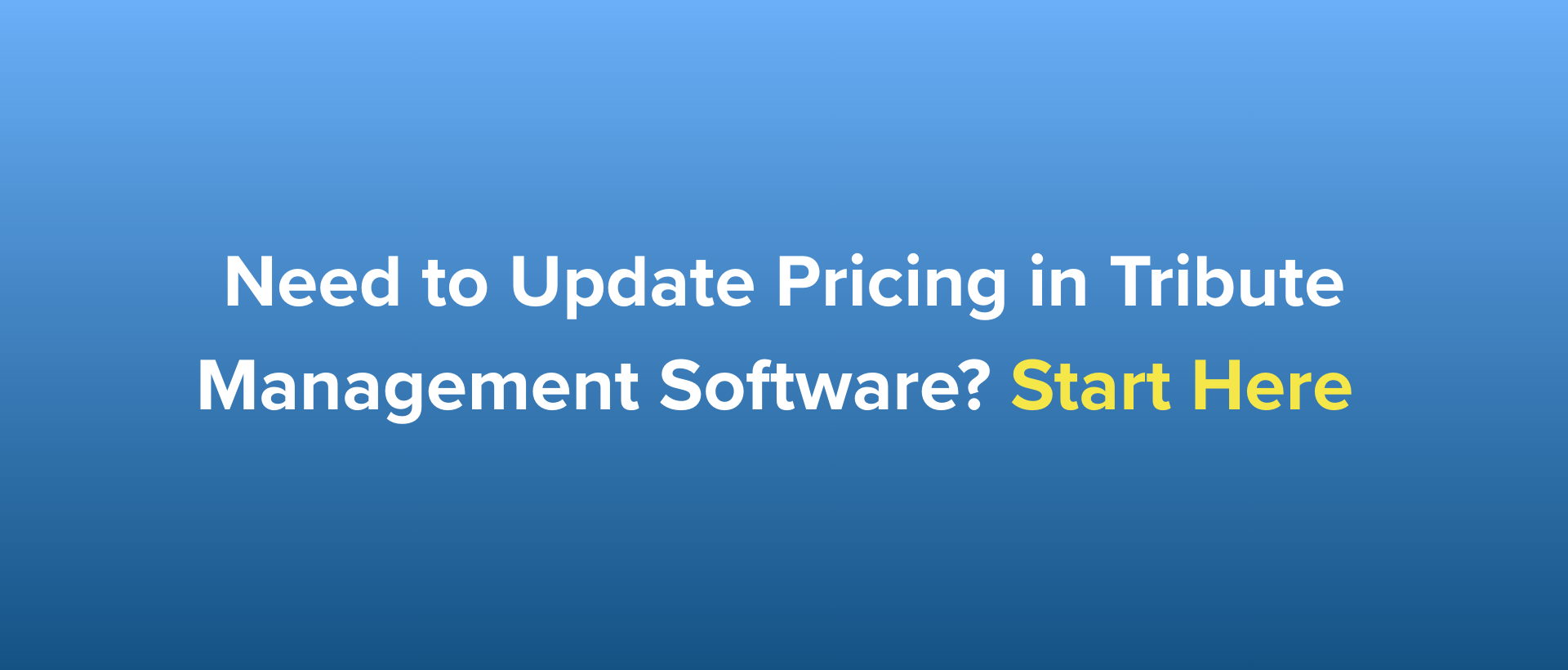Why Mental Health Needs to Be a Top Priority in Your Workplace
Funeral directors are expected to be calm, composed, and endlessly compassionate — but carrying others through their darkest moments comes at a steep personal cost.
Behind the professionalism lies a growing mental health crisis in funeral service that can no longer be overlooked.
Data That Demands Attention
- 50% of U.S. funeral directors showed signs of PTSD during the pandemic — three times higher than the general population (AIJR).
- In Canada, 1 in 3 reported symptoms of anxiety and depression (PMC).
- 61% of U.S. funeral professionals rated their recent mental health as poor (PubMed).
These aren’t just numbers — they represent real people quietly breaking under the weight of constant emotional strain.
What’s Fueling the Crisis?
- Emotional Labor: Continuously supporting grieving families while suppressing personal emotions leads to emotional exhaustion.
- Long, Unpredictable Hours: On-call nights, weekends, and holidays plus disrupted sleep wear down resilience over time.
- Isolation: Even while working with people, many professionals feel alone.
7 Ways to Support Mental Health in Funeral Service
1. Acknowledge the Emotional Toll
Compassion fatigue is a very real consequence of this work. Recognizing its impact is the first step toward protecting mental health.
2. Set Healthy Emotional Boundaries
It's easy to internalize the grief of others. Techniques like post-service debriefing or symbolic rituals — stepping outside, washing hands — can create emotional separation and help prevent overload.
3. Create a Culture of Support
A supportive workplace doesn’t require grand gestures. Casual conversations, shared hobbies, laughter, and small acts of kindness — like stepping in for an overwhelmed colleague or having a therapy dog in the office — all build emotional safety and community.
4. Encourage Time Off and Rest
Regular breaks are essential. Without time away, the risk of physical and emotional burnout increases. Rest isn't a luxury — it's a necessity for long-term sustainability.
5. Promote Access to Mental Health Resources
Funeral directors deserve care, too. Make counseling, therapy apps, and Employee Assistance Programs visible, accessible, and stigma-free.
6. Recognize the Signs of Burnout Early
Fatigue, irritability, detachment, or dread are warning signs. Spotting and addressing them early helps prevent long-term damage.
7. Provide Grief and Trauma Training
Education around grief responses and trauma helps funeral professionals support others without becoming emotionally overwhelmed themselves. Trauma-informed care and compassion fatigue training should be standard practice.
Moving Forward: Carry the Carriers
One funeral director put it simply:
If you never take breaks, eventually your body breaks down and forces you to.
Mental health support isn’t optional — it’s vital. Let’s make space for the healing of those who spend their lives helping others heal.

